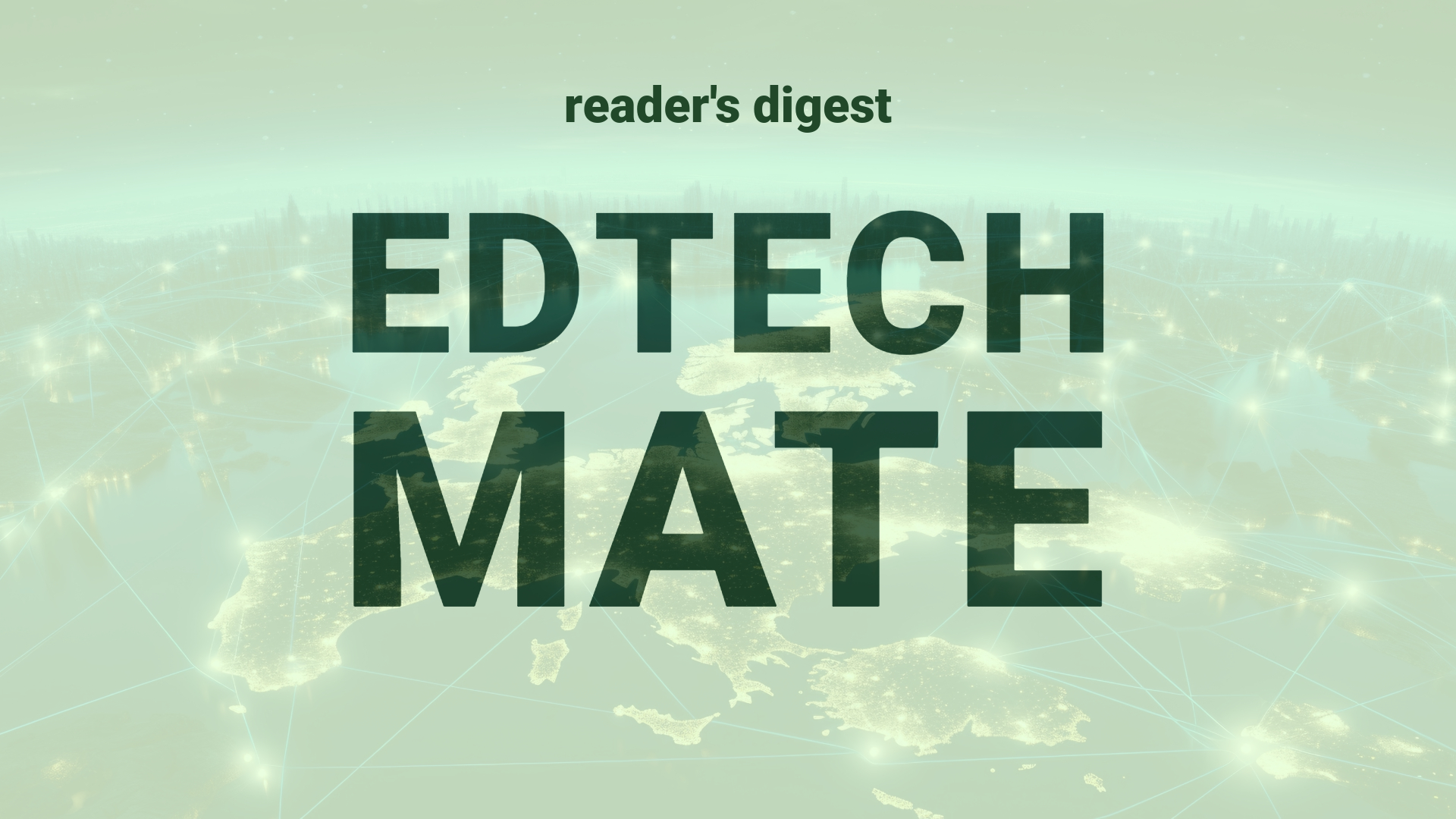Executive Summary and Main Points
The integration of AI and cloud strategies is reshaping the IT landscape, with a notable shift toward a hybrid combination of private and public clouds. This change is driven by the need for cost containment and heightened data security concerns as AI workloads grow. Private cloud providers, seemingly out-of-favor for the allure of public clouds, are attracting renewed attention. Industry leaders predict a sustained trend toward hybrid cloud solutions as a long-term remedy for balancing AI resource demands and governance requirements. Companies like Somerset Capital Group and Voya Financial are adopting private clouds to harness generative AI capabilities while maintaining control over critical data. Strategic uses of private cloud offerings like Dell APEX and HPE GreenLake, supported by key partnerships for co-located services, suggest an emerging preference for private over public cloud deployments in certain sectors.
Potential Impact in the Education Sector
The shift towards hybrid cloud models will likely impact Further Education and Higher Education by offering institutions greater flexibility when managing AI-driven workloads and data analytics, without sacrificing cost-effectiveness or data privacy. Hybrid clouds can support research, virtual learning environments, and the increasing demand for personalized learning experiences powered by AI. Additionally, micro-credentials and continuous education programs may benefit from tailored AI applications that require secure data handling and substantial computational resources, thus fostering strategic partnerships between educational institutions and cloud service providers.
Potential Applicability in the Education Sector
Educational systems worldwide can leverage AI-driven platforms in hybrid cloud models for various innovative applications. These include developing predictive models for student success, personalizing learning paths, and enhancing research through secure, high-power computing capabilities. The trend towards private clouds for sensitive data handling also presents an opportunity for educational institutions to maintain data sovereignty and compliance with regulatory requirements while engaging in international collaborations and research.
Criticism and Potential Shortfalls
Despite the promising direction of hybrid clouds, there are cautionary perspectives. Concerns persist about the high costs and power requirements of specialized AI hardware as seen in comparative international case studies. For instance, some organizations may find public clouds more economically feasible despite data privacy risks. Ethical considerations about AI and data governance must be examined, especially in contexts with varied cultural and legal standards. Moreover, there is the ever-present risk of data silos and the potential stagnation of innovation if hybrid clouds are not properly managed and integrated.
Actionable Recommendations
For higher education institutions considering these technologies, it’s recommended to conduct thorough cost-benefit analyses to ascertain the most suitable cloud arrangement. International education leadership might also benefit from establishing partnerships with cloud providers that offer the best combination of AI support, scalability, and data governance. Further, investing in training for IT staff on hybrid cloud environments can ensure institutions are equipped to handle the complexities of these platforms. Finally, strategic approaches to data management and ethics in AI should be embedded in the institution’s digital transformation strategy to navigate the challenges of adopting these cutting-edge technologies.
Source article: https://www.cio.com/article/2106114/la-nube-privada-vuelve-a-entrar-en-escena-gracias-a-la-ia.html

